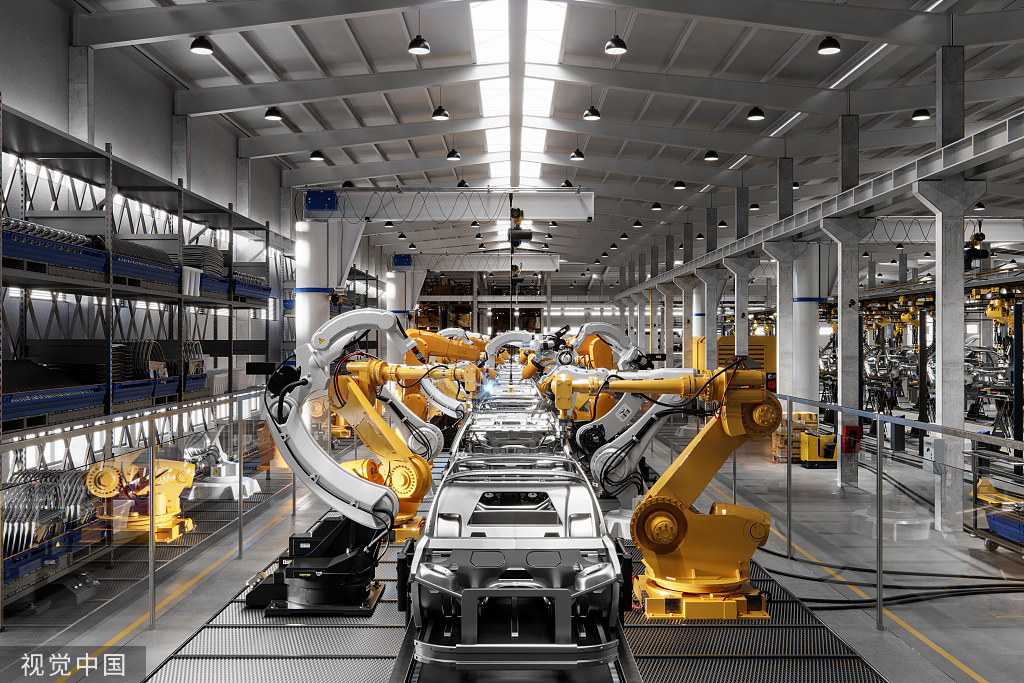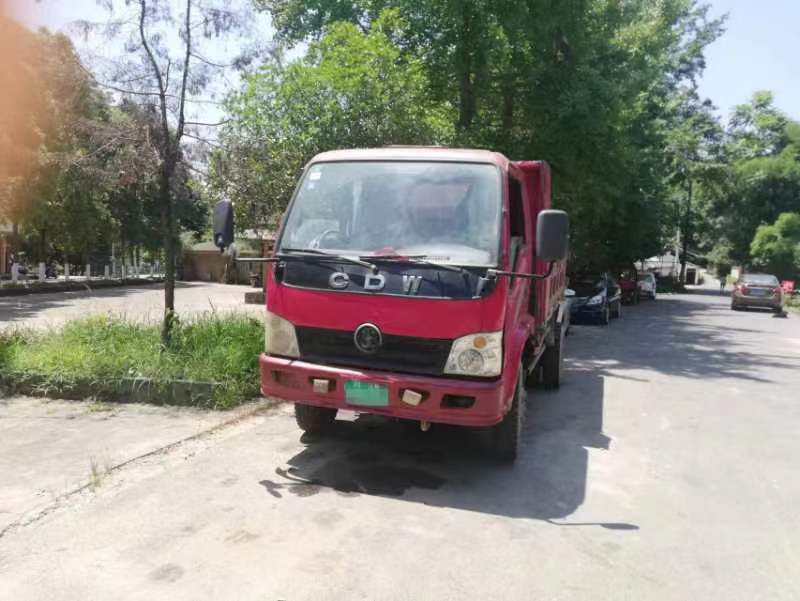Energy prices have risen, "Made in Germany" to escape from home?
Author:Global Times Time:2022.08.25
[Global Times special reporter in Germany Zhao Dong] Editor's note: Cheap Russia's energy has long been one of the foundation of German manufacturing prosperity. However, the current European electricity price has been pushed to the peak of history. In Europe, the average electricity price of electricity on August 24 reached 407.87 euros per MWh, which was 5.35 times the price at the beginning of the year. Will "Made in Germany" be driven away by high energy prices? At the end of the global risk factors, the German manufacturing industry will choose where to be a trusted investment destination.
The German manufacturing industry "escape"?
Energy prices have made Germany facing the crisis of "escape" in the manufacturing industry. The German Economic Weekly reported on the 23rd of German Haoma Material Company, which manufactures crystals and ceramic optical materials, said that the company did not choose to expand production in Germany, and will invest about 20 million euros in Sweden to build a new plant. May expand investment locally. The reason is simple, and the electricity costs there are much cheaper.

Data Map
"Stable and controllable energy supply is vital to our company," said Thomas Tomor, the person in charge of the company. For the production of crystals, the company needs a lot of electricity. But Germany's electricity prices have recently risen sharply. Although the company can currently receive government subsidies, this is not a long -term plan. Sweden's energy prices are stable, and corporate electricity costs per kilowatt -hour is about 0.15 euros cheaper than Germany. Thomas Tomas warning German government departments: German energy transformation is being advanced, but no sufficient alternative energy is still found. "Economic Weekly" believes that from the perspective of German officials, the choice of Haoma's material is a negative signal.
A survey report released by the German Mirror Weekly at the end of July that a survey report released by the German Industry and Commerce Conference (DIHK) shows that high energy prices are forcing more and more German companies to reduce production and even abandon the entire business department. About 25%of companies have reduced production or transferred production to other countries. "These numbers are shocking," said DIHK President Peter Adrian. The high energy price is a burden for enterprises to use Germany as the location of the business. The situation of many companies this year may continue to deteriorate. Only half of industrial companies have met natural gas demand in 2022. "Due to the current situation of the energy market, the company will face huge costs and supply risks in the next few months," Adrian warned. Many companies are now aware that they cannot pass on all prices in the energy market to their customers.
European Library Industrial Capability
The German Planning News cited a report announced by the Bavarian Industry and Commerce Federation (BIHK) this month that excessive rise in energy prices is destroying Bavaria as the basis of industrial bases. Of the more than 500 industrial companies that were surveyed, nearly 2/3 of the fact that energy costs would lead to a decline in competitiveness. More than 1/5 companies hope to transfer production to foreign countries or have already taken action. "These numbers are absolutely shocking." These numbers are absolutely shocking. The high prices of oil, natural gas and electricity and the lack of supply security pose a huge threat to Bavaria as industrial bases. "
Fossil fuel plays an important role in the German industry. According to data from the German Federal Bureau of Statistics, the most important energy in Germany in 2020 is natural gas, accounting for 31.2%of the total consumption. The chemical industry has the highest natural gas consumption, accounting for 36.9%of the total industrial consumption. The natural gas consumption of food and animal feed manufacturers ranks second, accounting for 10.8%.
"Under high energy prices, the European Union approves to provide assistance to enterprises." A German TV said on August 19, and Germany was allowed to support energy -intensive enterprises with approximately 27.5 billion euros. "This plan will reduce the risks of Germany to transfer production capacity to countries outside the European Union," said EU Competitive Affairs Specialist Margaret Westiger.
These funds are designed to compensate for high energy costs caused by EU emission trading systems. German regulations stipulate that eligible companies will receive partial compensation. According to EU regulations, companies in leather manufacturing, metal industry or papermaking are qualified to receive funding. Aid must also meet other conditions. For example, the company must obviously invest in energy -saving or decarburized measures.
Trust votes for China
According to the German "Business Daily" reported on August 19, a research report from the German Institute of Economic Research (IW) stated that in the first half of 2022, German companies directly invested in China to create a record high and the trade deficit reached a record high. From January to June, German companies' investment in China reached 10 billion euros, while the highest investment record in the first half of the year was only 6.2 billion euros. Although the reporter of the report said that Germany should adjust the business model, it also acknowledged that despite being disturbed by some political factors, German companies are still unwilling to "separate" China, "China's sales market and the profits there are too attractive."
News from the large -scale industrial group circle from Germany shows that German companies have realized risks from politics, but so far they have hardly experienced any negative experiences in China. No enterprise is willing to miss the growth of the Chinese market -whether in the field of chemistry, automobiles, or mechanical engineering. China is still an attractive investment environment for German companies, which is also related to China that "increasingly not just a sales market, but also an innovative market".
"BASF, Volkswagen, Alezi: German companies are still investing in China." The German "Business Daily" reported at the end of July that few companies were willing to miss China's development opportunities. German companies continue to invest in China. A few days ago, a chemical giant BASF approved the construction of integrated bases in South China, and the base will cost $ 10 billion. German automotive parts supplier Hilang announced that it would expand its capacity in China and build a new car light factory in Changzhou. German discount store Olezi will also open hundreds of new stores in China. Faced with some German political people and think tanks' warnings to BASF "too close to China", BASF boss Bludemelle said: "China is the fastest growing chemical market, and it will account for half of the world market by 2030. Could it be involved. "Brodemille believes that Basc is already China's largest foreign chemical enterprise. For new bases, the group hopes that it can provide chemicals and plastics for the rapidly developing electronics and automotive industries in South China. BASF believes that this is important because Europe and other regions may continue to weaken. BASF's 40%sales come from China.
BMW opened the third factory in Shenyang in June. This is the largest investment in China in China, with a total of more than 2 billion euros. For another German car company, China is still a "ideal place." Volkswagen and their joint ventures hope to invest about 15 billion euros in China by the end of 2024 and will hire thousands of software engineers. In 2021, Volkswagen sold more than 1 million vehicles in China, accounting for about 40%of its sales.
- END -
Baoding: "Changlong go home" -Fotu the people's livelihood and the people have no "red line"

Since the beginning of this year, Baoding City, Hebei City, has begun to carry out...
From 00:00 on August 15th, a variable tractor is prohibited from driving on the road in the administrative area of Chengdu

The Chengdu Agricultural and Rural Bureau and the Chengdu Public Security Bureau j...